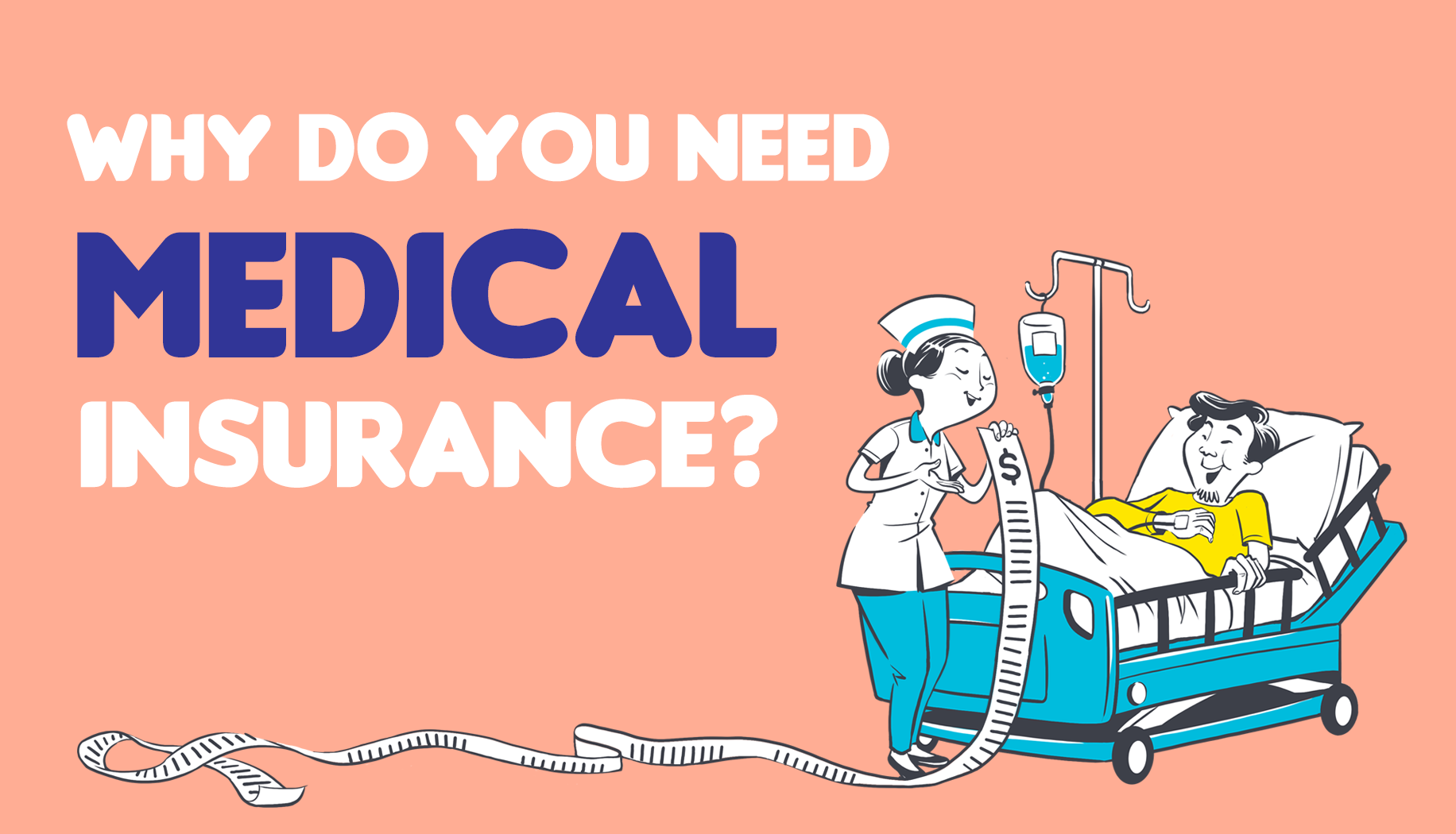
Why Do You Need Medical Insurance?
Medical insurance provides financial backup against medical emergencies such as illness and injuries. In Malaysia, such medical expenses are fast becoming very expensive.
Do you know that medical and hospitalisation costs in Malaysia are estimated to have increased by 16%1 in 2019, and 14%2 in 2020?
One hospitalisation incident, either to yourself or your family, can set you back thousands of dollars. Surgery for a coronary bypass can cost up to RM100,0003, a stent/angioplasty procedure up to RM50,0004 and a single chemotherapy session up to RM5,0005.
You can opt for a government hospital of course but expect long queues, crowds, and a waiting list for operations.
Private hospitals usually offer a faster service, more personalised care and comfortable accommodation. But it comes at a cost. And many private hospitals won’t admit you unless you can prove you can afford the treatment, pay an upfront deposit or have medical insurance.
To protect yourself against these costs, it’s best to get medical insurance. With a medical card from your medical insurer, you can get quick admission and get treatment without coming up with any cash.
At Fi Select, we have searched for the most comprehensive best value medical plans on the market, and we have selected Generali Malaysia’s SmartCare Optimum family of plans. Key benefits are:
- You get a medical card that entitles you for cashless admission
- You get generous coverage of up to RM2.1 million in medical expenses every year
- There are no lifetime medical claim limits
- Cancer chemotherapy treatment is covered
- You’re covered until you’re 100 years old
- Premiums are reasonable and good value given the coverage
Get a quote and compare the different SmartCare Optimum Plus plans.
But most importantly, get covered!
1, 2 Aon’s 2019 and 2020 Global Medical Trend Reports
3, 4, 5 Healthcare costs in Malaysia -Shalini Muniapan, Dr. Idlan Zakaria, The Centre, October 2019 (after factoring for medical inflation)
